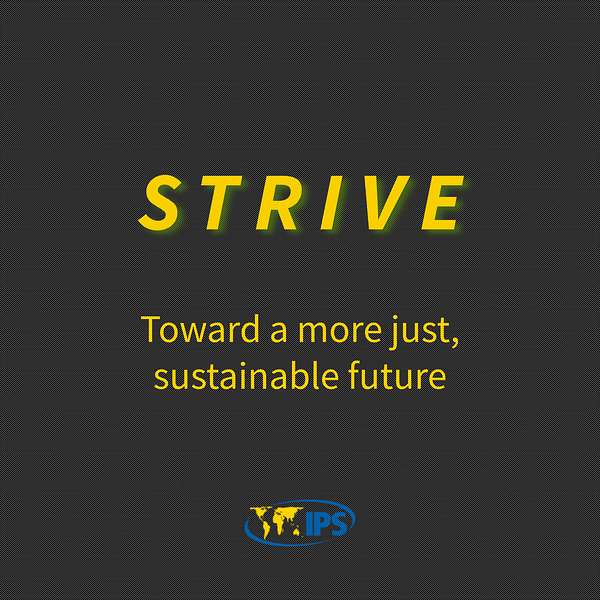
Strive: Toward a more just, sustainable future
Strive: Toward a more just, sustainable future
Environmental disasters creating more migrants within countries
In the final months of 2021 you likely saw countless media reports of migrant men, women and children getting blocked at borders trying to enter various countries. Two flashpoints were the Mexico-US border and the border between Poland and Belarus, but there were many others.
What you likely didn’t learn from the media was what happened to tens of millions of people who left home, often as a last option, because of conflicts or an environmental emergency but who relocated—at least temporarily—to another part of their own country. Nearly 40 million people in 149 countries made such moves in 2020, an astounding 75% of them for climate or environmental hazards. (The others were displaced by conflict). Today we’re speaking about this with Diogo Serraglio of the South American Network for Environmental Migration, or RESAMA.
Here in Nepal the annual monsoon usually spawns destructive and deadly floods and landslides that shatter the lives of hundreds, even thousands, of people. Many of them rig up temporary homes almost immediately or are housed in emergency shelters nearby until they can rebuild on their land. But in some cases the displaced simply give up and leave, hoping to recreate their lives in a new place. Eventually, if things go well, they will be absorbed into the neighbourhood and the larger community.
Diogo tells me this is a normal scenario globally—people who migrate to a new place within a country find themselves on their own to construct a new life. But, work IS happening to create international frameworks to provide direction on how displaced people should be treated; the challenge is to translate those peerless promises into hot meals and housing where people actually end up. Covid-19 has made that much more difficult, explains Diogo.
One note before we start—Diogo refers to the UNFCCC. That is the acronym of the United Nations Framework Convention on Climate Change, the body that hosted COP26 last November and the 25 previous meetings.
Please listen now to my conversation with Diogo Serraglio.
Resources
RESAMA
UNFCCC Taskforce on displacement
Global report on internal displacement, 2020
Strive on Apple Podcasts
Strive on Twitter